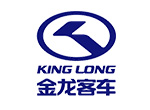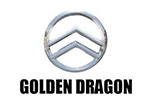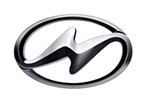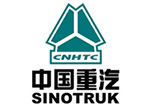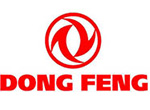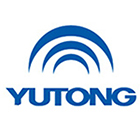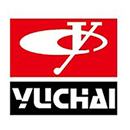Title: The Electric Bus
Market in China
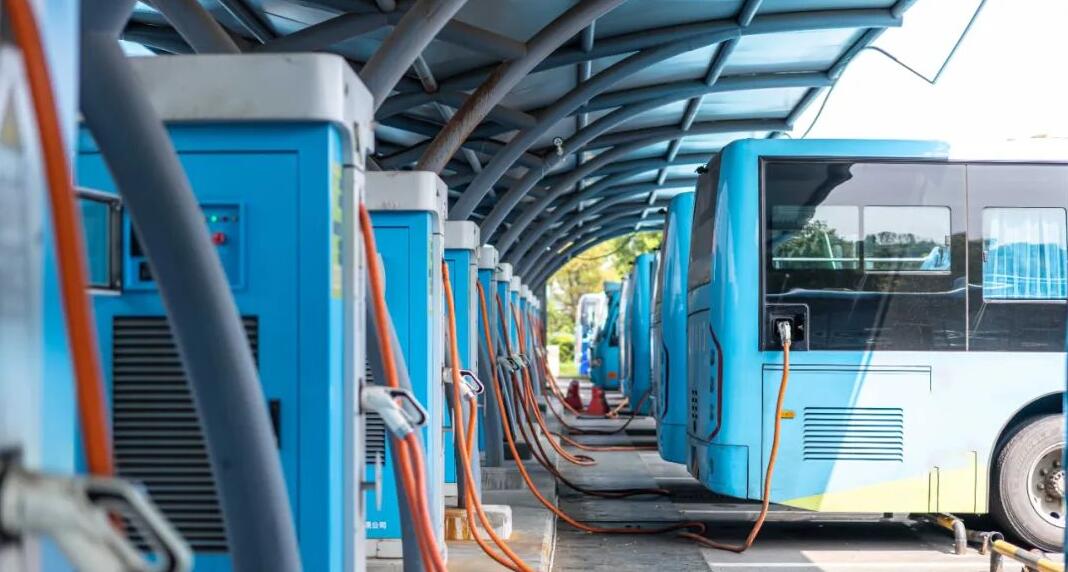
Introduction:
China, one of the world's largest automotive markets, has emerged as a global
leader in the electric vehicle (EV) industry. With a strong commitment to
reducing pollution and reliance on fossil fuels, China's government has
actively fostered the growth of a robust electric mobility ecosystem. As part
of this effort, the Chinese electric bus market has gained significant
momentum, exemplifying the country's commitment to sustainable transportation
solutions.
Government Support and Policies:
China's central and local governments have implemented a range of policies and
incentives to promote the adoption of electric buses. These include subsidies,
tax breaks, and supportive regulations. The central government's target of
having 80% of public buses in major cities electrified by 2025 has been a
driving force for the market's rapid growth.
Market Growth and Size:
The Chinese electric bus market has experienced remarkable growth in recent
years. According to industry reports, China accounted for the majority of global
electric bus sales in 2020, with more than 135,000 units sold. The market is
projected to continue its upward trajectory, fueled by increasing demand for
clean and efficient transportation solutions.
Key Players:
China's electric bus market is populated by a diverse array of domestic and
international manufacturers. Companies such as BYD, Yutong, Zhongtong, and King
Long have emerged as frontrunners, constantly innovating and improving their
electric bus offerings. These manufacturers have invested heavily in research
and development, enabling them to produce technologically advanced and reliable
electric buses.
Infrastructure Development:
To support the widespread adoption of electric buses, China has invested
significantly in charging infrastructure. Charging stations, including both
slow and fast chargers, have been deployed in various cities, enabling
efficient charging and helping to alleviate range anxiety for electric bus
operators.
Benefits of Electric Buses:
Electric buses offer numerous advantages over their conventional counterparts.
They produce zero tailpipe emissions, significantly reducing air pollution in
urban areas. Additionally, electric buses have lower operating costs, as they
require less maintenance and have lower fuel costs compared to diesel or
natural gas buses.
Challenges and Opportunities:
While the Chinese electric bus market has experienced rapid growth, it also
faces challenges. The high upfront cost of electric buses remains a barrier for
many operators. Moreover, the limited availability of charging infrastructure
in some regions and concerns about the longevity of batteries are areas that
need to be addressed.
However, these challenges also present opportunities. Continued
technological advancement and economies of scale are expected to drive down the
cost of electric buses, making them more affordable. Furthermore, ongoing
investments in battery technology and charging infrastructure will help
overcome range limitations and improve the overall usability of electric buses.
Conclusion:
China's electric bus market stands as a testament to the country's commitment
to sustainable transportation. With the strong support of the government, the
market has experienced rapid growth, providing cleaner and more efficient
public transportation options. As China continues to develop its electric
vehicle ecosystem, the electric bus market is poised to play a pivotal role in
shaping the future of urban mobility in the country.













